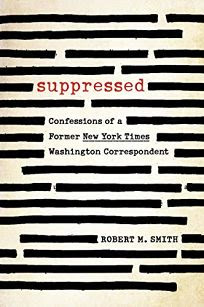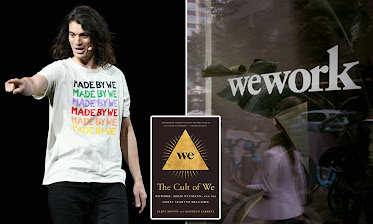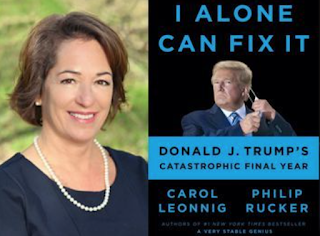A recent study by the American Press Association reveals that not all Americans universally embrace core journalistic values, and that the trust crisis might best be understood through people’s moral values even more than their politics.
When journalists say they are” just doing their jobs,” the problem is many people harbor doubts about what that job should be.
Couple this with an ever changing media landscape driven by economics, the political bifurcation of news via the long tail of the internet, the news/entertainment nexus, celebrity culture, and now cancel culture, and it makes for an environment that has very little to do with getting at the truth. Maybe democracy dies not in darkness, but in the chaos of competing truths.
This is the world that long time journalist Robert M. Smith explores in Suppressed: Confessions of a Former New York Times Washington Correspondent.







